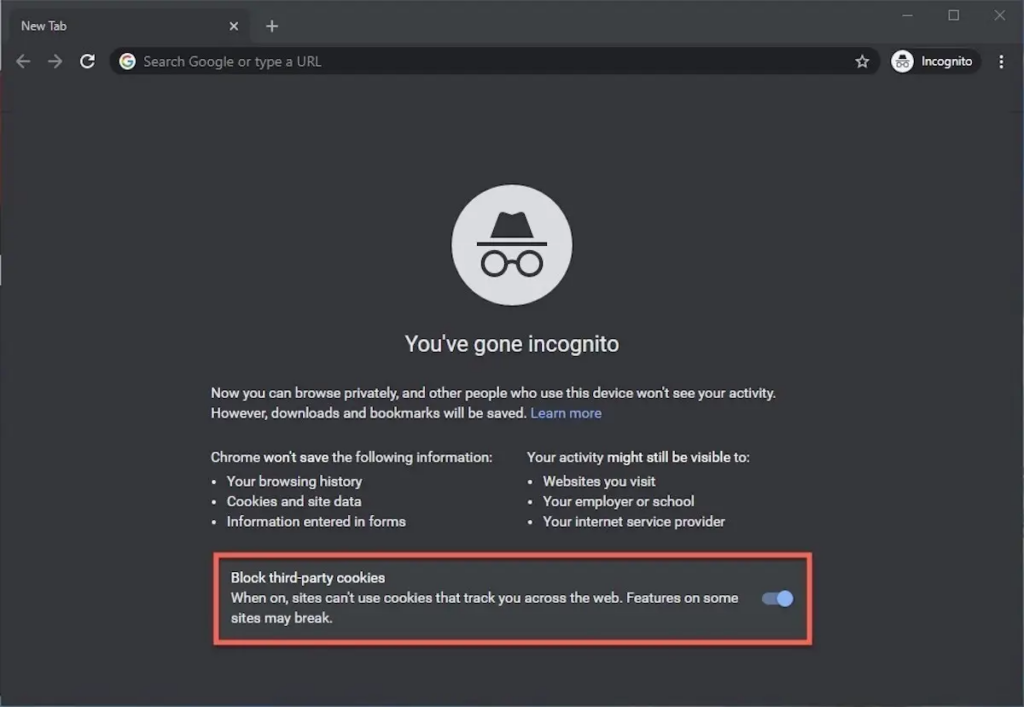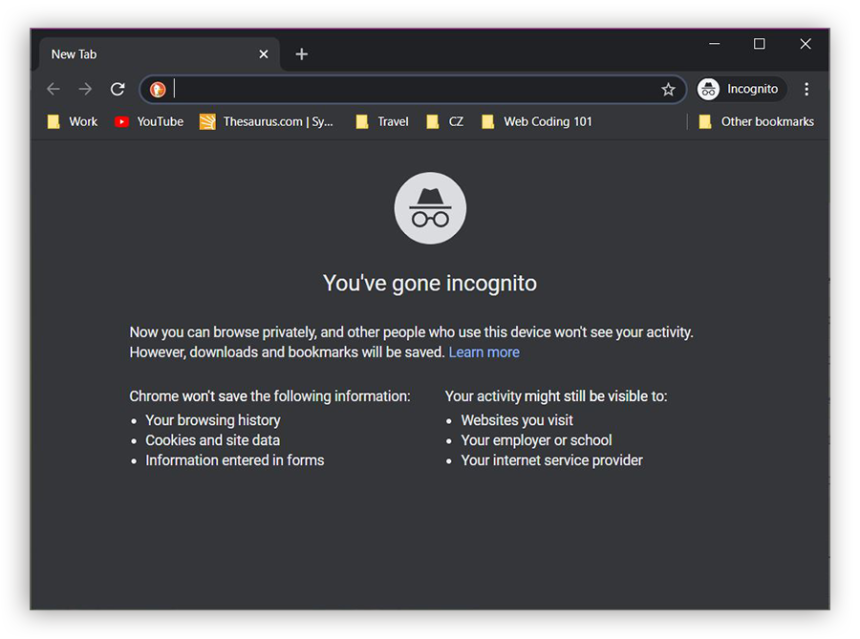Google agreed to delete billions of data records tied to Chrome private browsing activities, stemming from a lawsuit challenging the tech giant’s tracking practices. This lawsuit, filed in 2020, targeted Google for allegedly misleading users about the data collected when they used Chrome’s “Incognito” mode for private browsing. The settlement, detailed in a recent court filing, marks a shift in Google’s data handling and user privacy disclosures.
What’s Happening & Why This Matters
The crux of the lawsuit revolved around accusations against Google for not fully disclosing the extent of data collection, even when users opted for what they believed was a private browsing experience. In response, Google has consented to a settlement that includes the deletion of “billions of data records” reflecting these private sessions. Furthermore, Google will enhance its disclosures, making it clearer what data is gathered during Incognito sessions and giving users more control over their privacy settings.
The Settlement’s Impact
This settlement compels Google to make several significant changes, including:
- Data Deletion: Google is tasked with removing a vast amount of data related to users’ private browsing.
- Improved Disclosures: Google will provide clearer information about the data collected during Incognito browsing sessions.
- Enhanced Privacy Controls: For the next five years, Incognito users will have the option to block third-party cookies, a feature aimed at bolstering user privacy.

David Boies, representing the consumer plaintiffs, lauded the settlement as a monumental step toward enforcing transparency and responsibility among leading tech firms. Meanwhile, José Castañeda, a Google spokesperson, emphasized the company’s commitment to user privacy. Castañeda noted that the data in question was technical and never linked to individuals or personalization.
Notably, the settlement does not entail financial compensation for users involved in the class action suit. However, it leaves room for individuals to pursue damages on their own. Google’s Castañeda also pointed out that the plaintiffs’ initial claim was for $5 billion. However, the settlement does not include monetary damages for the class.
TF Summary: What’s Next
Google’s commitment to deleting extensive amounts of data and enhancing privacy disclosures marks a pivotal moment in the tech industry’s handling of user data. This settlement could set a precedent for how tech giants manage privacy and data collection, particularly in private browsing modes. As the industry moves forward, this case underscores the growing demand for transparency and user control over personal data, potentially leading to more robust privacy practices across the board.


